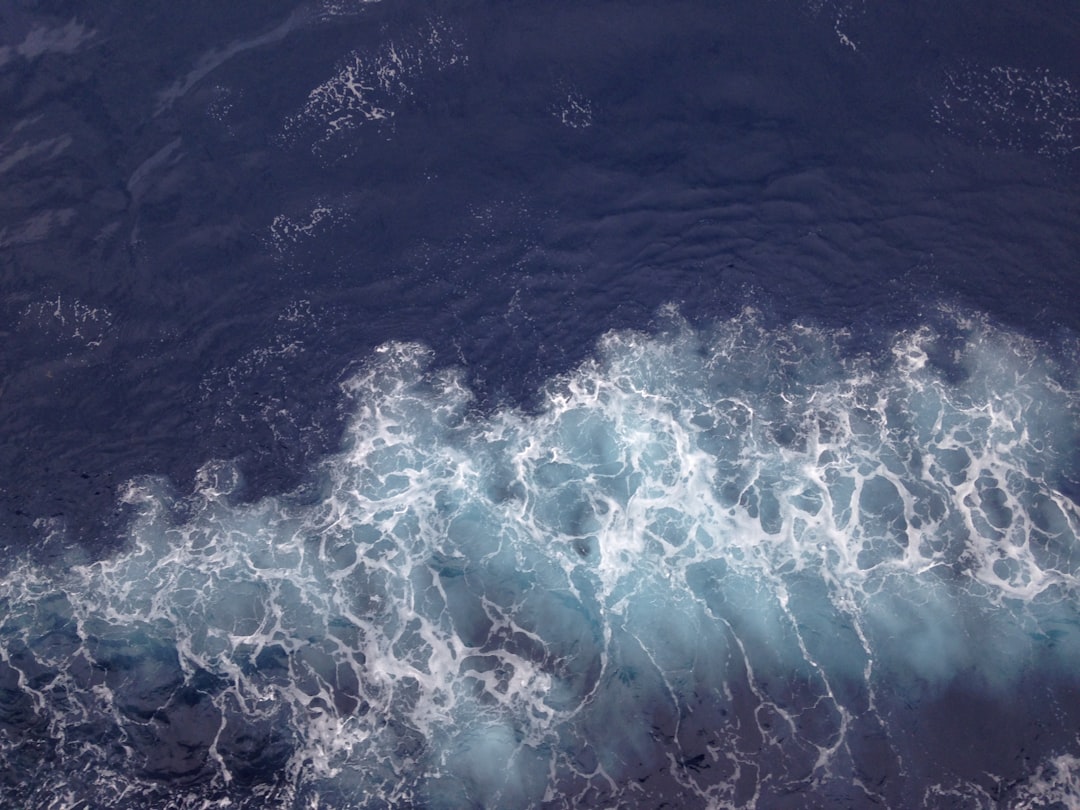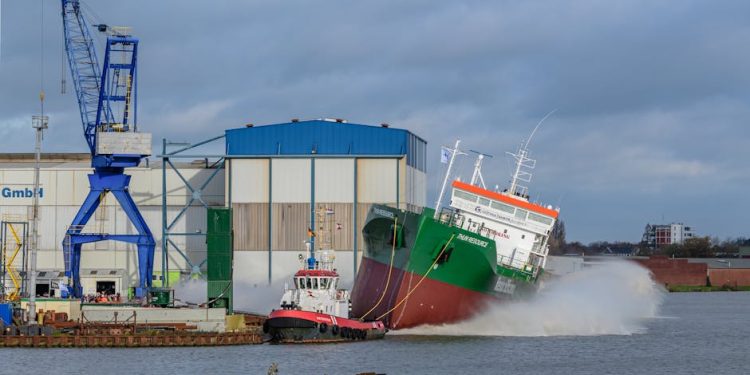No products in the cart.
AI Revolutionizes Ocean Mapping Careers
AI is transforming ocean mapping, reshaping careers in marine sciences and creating new opportunities.
Seattle, USA — The deep blue sea is an enigmatic frontier, a vast expanse that has long challenged scientists and researchers. In recent years, artificial intelligence (AI) has emerged as a powerful tool, revolutionizing how we map and understand our oceans. This technological shift is not just about better charts and data; it’s reshaping careers in marine sciences, creating new roles while demanding new skills.
AI’s integration into oceanography has accelerated dramatically since 2020. Researchers now utilize machine learning algorithms to analyze enormous datasets collected from underwater drones and satellite imagery. This capability allows for more accurate mapping of ocean currents, depths, and marine habitats, which is crucial for conservation efforts and resource management.

For instance, the Oceanographic Institute of the University of Washington has reported that AI-based models can predict oceanic changes with up to 90% accuracy, significantly improving our understanding of climate change impacts on marine environments[1]. This innovation not only enhances scientific research but also generates new career opportunities for those trained in AI and data science.
As the demand for skilled professionals in this field rises, the educational landscape is evolving. Universities worldwide are incorporating AI and machine learning into marine science curricula. Programs that blend traditional oceanography with advanced data analytics are emerging, preparing students for a future where interdisciplinary skills are paramount.
As the demand for skilled professionals in this field rises, the educational landscape is evolving.
Shifting Career Paradigms
The shift towards AI in ocean mapping is creating a diverse range of career paths. Positions such as data analysts, AI specialists, and marine biologists with AI expertise are increasingly sought after. According to a report by the Bureau of Labor Statistics, jobs in marine science are expected to grow by 5% over the next decade, with AI-related roles leading this growth[2].
This trend is echoed by industry leaders. Dr. Maria Chen, a leading marine biologist at NOAA, emphasizes the importance of adaptability in the workforce. “As AI continues to evolve, so must our skill sets. The future of marine science demands professionals who can navigate both the depths of the ocean and the complexities of AI technology,” she states[3].
However, the transition is not without challenges. Many marine scientists find themselves at a crossroads, needing to upskill to remain relevant in an increasingly tech-driven environment. Online platforms such as Coursera and edX offer courses on AI and machine learning, providing accessible pathways for professionals looking to enhance their qualifications.
The Role of Startups and Innovation
Startups are also playing a crucial role in this AI-driven transformation. Companies like Ocean Infinity and Planet Labs are pioneering the use of AI in oceanographic exploration. Ocean Infinity, for example, uses autonomous underwater vehicles (AUVs) equipped with AI to conduct deep-sea surveys. Their technology not only maps the ocean floor but also identifies marine life, contributing valuable data for conservation efforts[4].
This innovation is not just about exploration; it’s also about sustainability. By mapping sensitive marine ecosystems, these companies help inform policies that protect biodiversity. As a result, there is a growing intersection between technology, environmental stewardship, and career opportunities.
Moreover, the gig economy is beginning to influence marine sciences. Freelance data scientists and AI consultants are increasingly collaborating with research institutions and NGOs, offering specialized skills on a project basis. This flexibility allows for a more diverse range of professionals to contribute to ocean mapping initiatives, fostering innovation and new perspectives.
Online platforms such as Coursera and edX offer courses on AI and machine learning, providing accessible pathways for professionals looking to enhance their qualifications.
A Forward-Looking Perspective
As AI continues to evolve, its impact on oceanography will likely deepen. The integration of AI into marine sciences is not merely a trend; it represents a fundamental shift in how we approach ocean exploration and conservation. This evolution presents both challenges and opportunities for current and future professionals in the field.
The key takeaway is clear: adaptability is essential. As technology reshapes the landscape of marine sciences, professionals must embrace continuous learning and skill development. Those who proactively seek to understand and integrate AI into their work will find themselves at the forefront of this exciting frontier. The ocean’s depths are vast, and with AI as a guide, the possibilities are limitless.











